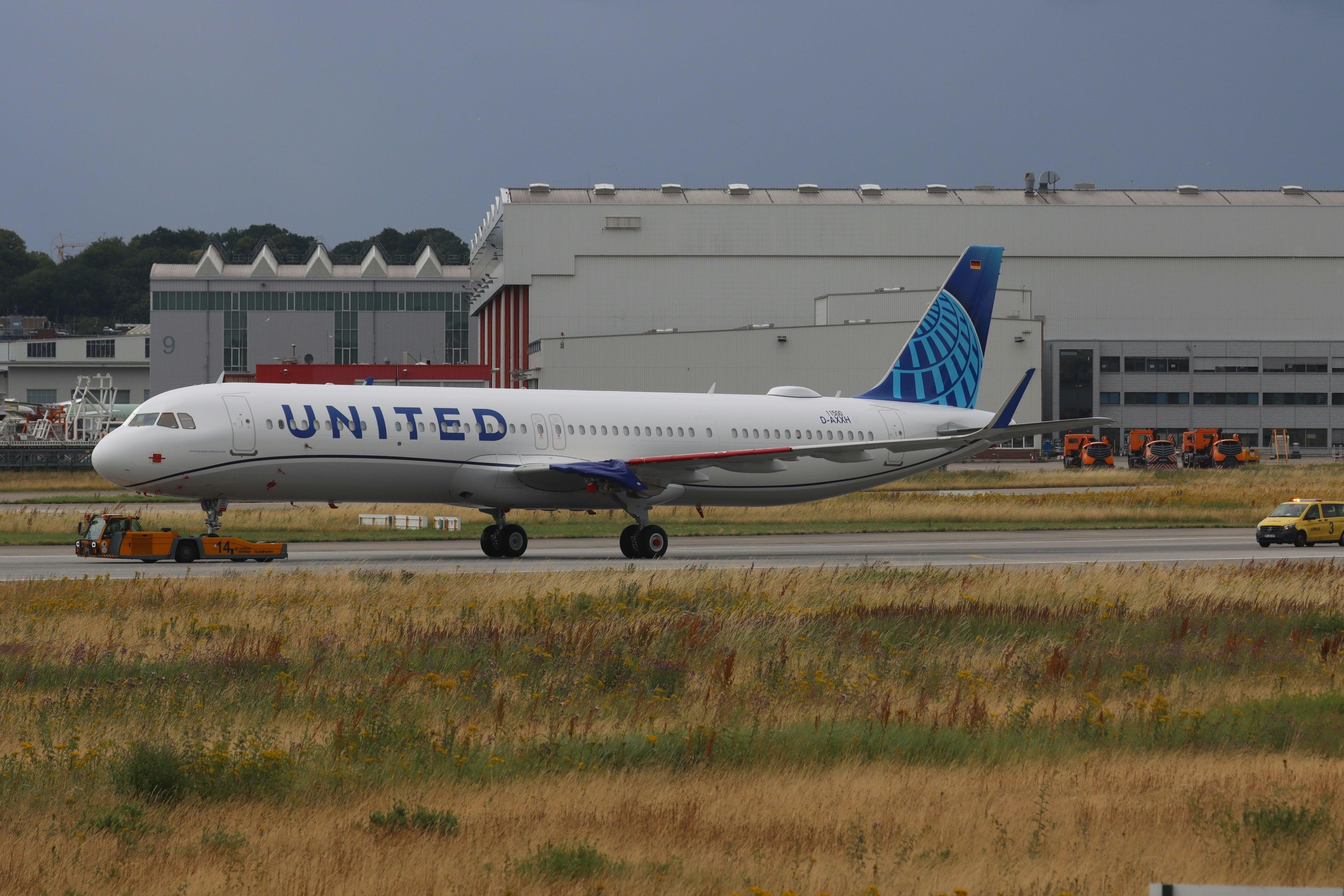AeroGenie — Ваш интеллектуальный второй пилот.
В тренде
Categories
Two Six-Year-Old Airbus A321neos Sold for Spare Parts

Two Six-Year-Old Airbus A321neos Sold for Spare Parts Amid Industry Shortages
Two Airbus A321neo aircraft, each only six years old, are being dismantled for spare parts as the aviation sector grapples with persistent supply chain disruptions. Previously operated by IndiGo, these jets have been acquired by aftermarket specialist Setna iO. Despite their relatively young age and the potential for decades of further service, the soaring value of their components amid ongoing shortages has made parting out the aircraft more financially attractive than continued operation.
Setna iO confirmed the purchase of the two 2019-built A321neos via its LinkedIn page. Both aircraft are equipped with high gross weight enhanced landing gear, Honeywell GTCP131-9A auxiliary power units, GTF nacelles, and advanced avionics. Notably, they are powered by Pratt & Whitney PW1133G-JM engines, which are in particularly high demand due to global parts scarcity. Industry sources indicate that the aircraft, registered as OE-IHD and OE-IHH (formerly VT-IUD and VT-IUE with IndiGo), were ferried to Castellon, Spain, in early May after completing their final commercial flights in late February.
The first aircraft, VT-IUD, was delivered on May 16, 2019, and logged 18,705 flight hours and 9,210 cycles. The second, VT-IUE, delivered on May 20, 2019, accumulated 19,374 flight hours and 9,675 cycles. Both jets were leased from UK-based Deucalion Aviation and configured to seat 222 passengers in an all-economy layout. Their removal from IndiGo’s fleet in February 2025 represents an unusually early retirement for aircraft of this type, which typically remain in service for much longer periods.
Economic Rationale Behind Early Dismantling
The decision to scrap such young airframes is particularly striking given the current shortage of both aircraft and spare parts. Market valuations from ch-aviation place each jet’s worth at over $43 million, while aviation consultancy Cirium estimates their part-out value between $45 million and $56.5 million, depending on engine condition. The engines alone could command between $15.2 million and $21.4 million each. By contrast, the market lease rate for comparable aircraft is approximately $350,000 per month, or $4.2 million annually. Over a hypothetical extended service life of 20 years, each aircraft could generate between $60 million and $70 million in rental revenue.
Industry analysts suggest that the owners are prioritizing immediate financial returns by selling the aircraft for parts rather than navigating the uncertainties of long-term leasing in a volatile market environment.
Implications for the Aviation Market
The sale and dismantling of such young aircraft may have significant repercussions across the aviation aftermarket. Regulatory compliance and market dynamics could become increasingly complex as competitors adjust their spare parts strategies or seek alternative suppliers. This development may also influence the leasing market, as demonstrated by airlines such as China’s Loong Air, which leases A321neos from CDB Aviation. Such shifts could prompt changes in fleet management and operational strategies among lessors and airlines.
As airlines and manufacturers continue to contend with supply chain bottlenecks, the industry’s emphasis on cost-effective solutions and competition for scarce resources is expected to intensify. The timeline for relief from the current parts shortage remains uncertain, compelling the market to adapt to these evolving challenges.

Emirates Unveils Cabin Design for New Boeing 777X

Eighteen Years On, the Airbus A380 Remains Central to a $34 Billion Airline

How a boom in luxury airline seats is slowing down jet deliveries

Navitaire Outage Attributed to Planned Maintenance

DigiYatra Debuts Outside Aviation at India AI Impact Summit

Vietnam Orders Strengthen Boeing’s Commercial Outlook

Airbus Signals Uncertainty Over Future A400M Orders

JobsOhio Awards $2 Million Grant to Hartzell Propeller for Innovation Center

Collins Aerospace Tests Sidekick Autonomy Software on YFQ-42A for U.S. Air Force CCA Program

How the Airbus A350-1000 Compares to the Boeing 777
